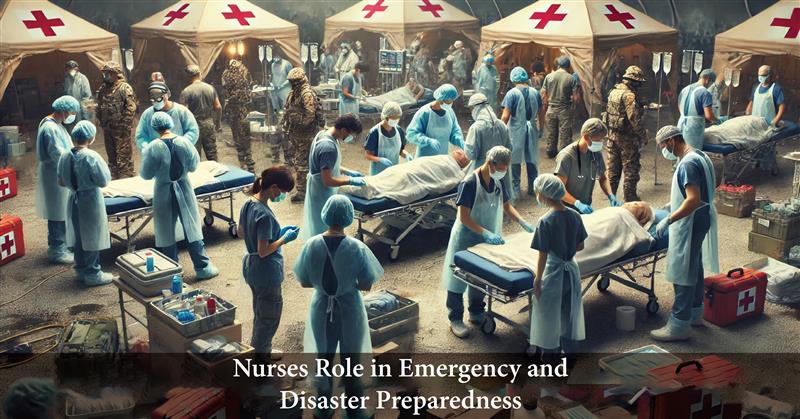Introduction
In cases of epidemics, natural disasters, or other calamities evolves, nurses have an important place that consists of the traditional healthcare device. Their involvement is crucial for preparedness, reaction and recovery in case of an emergency. Inclusive of giving important medical care, nurses additionally serve as coordinators, educators and public health lawyers. This topic routes into the different roles that nurses play in emergency and disaster readiness, indicating their important participation in community resilience and public health.
Nurses as Frontline Responders
In time disasters, nurses are important primary clinical specialists to respond. They are responsible for controlling the information float, presenting good remedies, and differentiating sufferers. When faced with an emergency, nurses ought to examine harm severity promptly, prioritize care consistent with the severity of the state of affairs, and make certain that sufferers get hold of the right clinical assistance in a well timed way. Their capability to characterize nicely under stress and make snap judgments is vital to retaining lives and lessening the effect of calamities.
Emergency Preparedness Training
Nurses are trained specially to be ready for emergency situations. This training involves a large scale of skills, from minimal life support and advanced cardiac life support to disaster including standard disaster management norms. Simulation exercises are included as a part of training, allowing nurses to practice and refine their skills in a controlled environment. These exercises usually simulate conditions such as mass casualty cases, bioterrorism attacks and natural disasters giving nurses hands-on experience in handling difficult emergencies.
